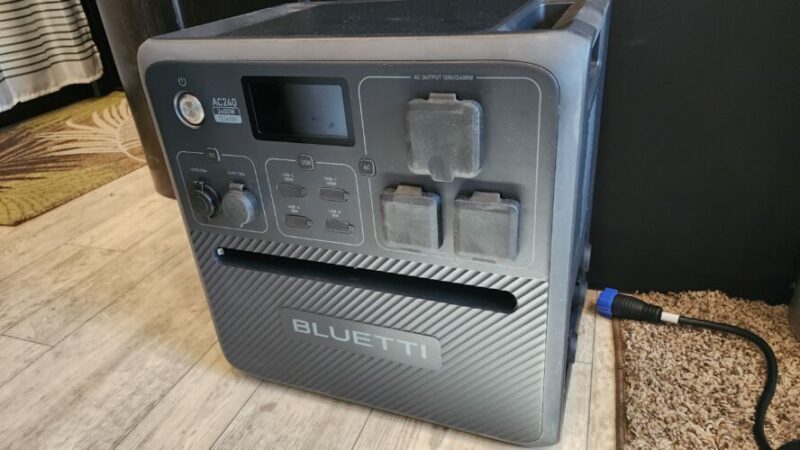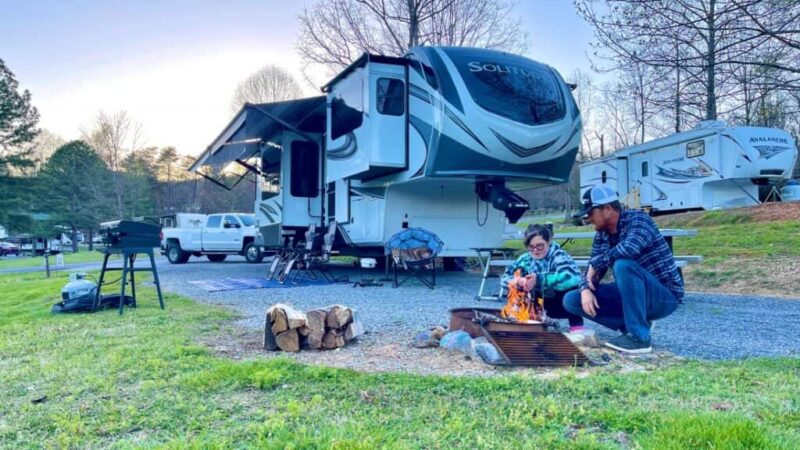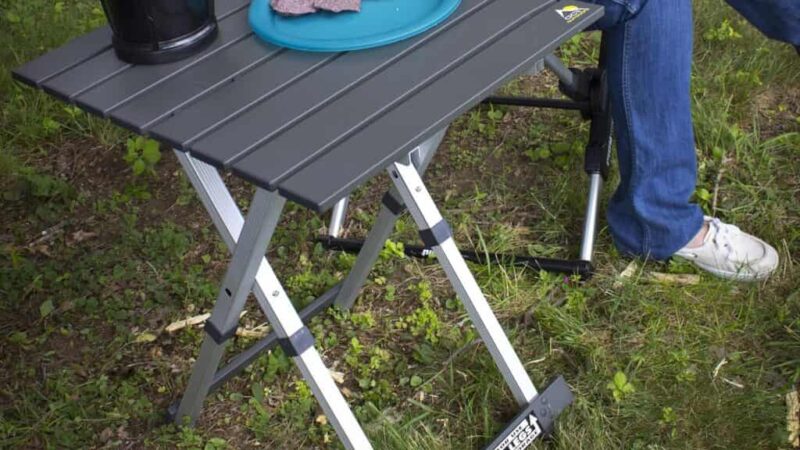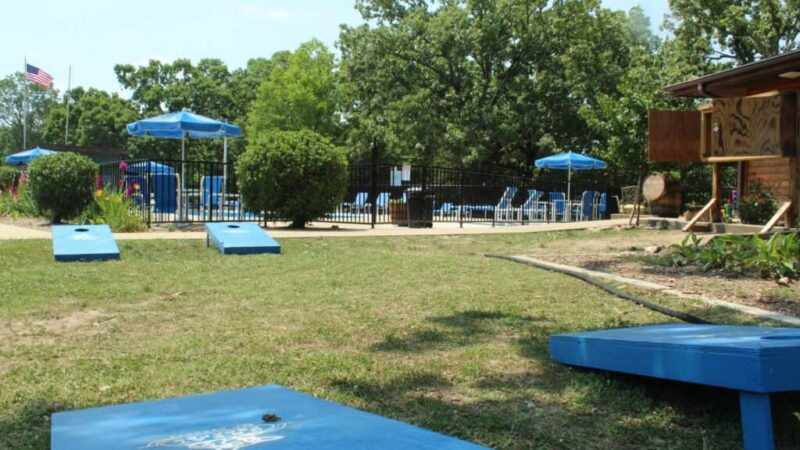The Hidden Dangers Of Poor Ventilation In Your RV: What You Need To Know
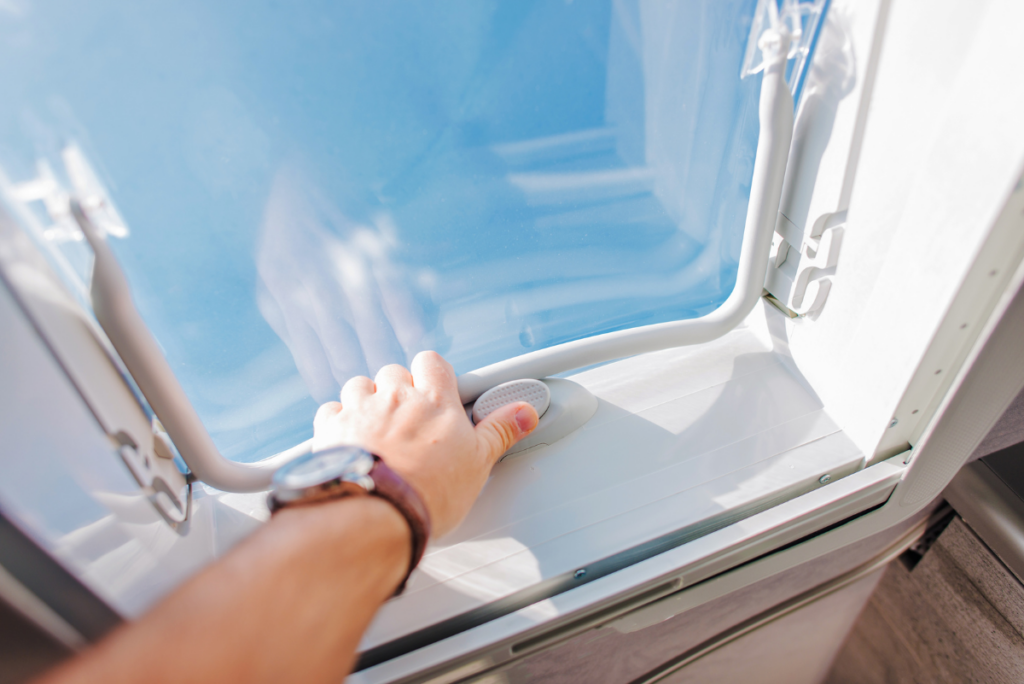
Don’t Let Stale Air Harm Your Health: Tips For Proper Ventilation In Your RV
You always hear about the importance of proper ventilation in an RV, but do you really understand it? Proper ventilation is critical to your RV and your health.
The horror stories of RVs with moisture problems and the costs of mold repairs can be terrifying. Having proper ventilation in your RV to prevent moisture is the answer to avoiding these costly issues.
Mold, the word no RVer wants to hear, is often the result of ventilation and moisture problems. As much as we all want to avoid costly repairs to our RV, it’s important to know that poor ventilation can also affect your health!
Keeping your RV dry enough to prevent mold and moisture-related problems, but not so dry as to be uncomfortable, is a balancing act. Unknowingly using an RV that is impacting your health can have serious repercussions. This is not something you want to be worrying about when you’re enjoying your RV.
The health of you and your family is paramount, followed by the condition of your RV. However, the two are connected, and proper ventilation ensures you are safe in your RV.
Potential health issues related to poor ventilation
Of course, we want to keep our RV in good condition, and proper ventilation is a big part of that. There are lots of articles detailing ways to prevent mold, moisture, and control ventilation.
Here, we will focus on the impact of improper ventilation on your health. Poor ventilation can cause multiple issues; however, mold is the big one, so let’s talk about mold first.
Mold
Mold can be a scary thing to deal with and have present in a living space. The scenes of people in full-body suits and respirators doing mold removal are familiar to most of us.
As crazy as it looks, there is a good reason for the extreme caution that is taken when dealing with mold. Tiny mold spores become airborne when disturbed, resulting in the possibility of breathing them in. These tiny invisible spores can cause some serious issues in both the short and long term.
According to the Centers for Disease Control and Prevention, exposure to molds can lead to symptoms such as a stuffy nose, wheezing, and red or itchy eyes or skin. More severe reactions may occur among those with allergies and those exposed to large amounts of mold. Severe reactions may include fever and shortness of breath.
Long-term exposure and exposure for people who suffer from other immune or respiratory issues have the potential for increased chronic symptoms and more serious respiratory issues down the road. Keep an eye out for signs of mold in your RV and deal with it immediately.
Not enough moisture
As mentioned in the beginning, proper ventilation can be a balancing act. We all worry about not having any moisture in our RVs to prevent mold; however, humans are most comfortable with some moisture.
Keeping an RV as dry as possible without allowing any airflow can create issues as well. Although not as serious as mold-related health problems, these irritants are also not ideal.
Without any level of moisture and fresh air, your eyes, nose, and throat can all become irritated. Continued use of air conditioners can cause these same irritants for some people. Removing all the moisture from the air in an RV is actually pretty unlikely; however, even at low levels of moisture, some people can become irritated.
A weekend in an RV isn’t likely to cause many issues for recreational campers. More people are spending extended periods and even living full-time in RVs, and proper ventilation is critical for these RVers.
Carbon dioxide and propane build-up
Without proper ventilation, carbon dioxide levels can increase, decreasing oxygen levels. This can obviously cause serious problems in a small space such as an RV. When you add a gas such as propane to a space, proper ventilation is very important to control.
Exposure to a low-oxygen environment can cause dizziness, vomiting, and loss of consciousness in a serious situation. Proper working RV appliances shouldn’t cause any exposure; however, leaks do happen. In this situation, you want to ensure you have proper ventilation.
The Wisconsin Department of Health Services classifies carbon dioxide levels, generally over 1000 ppm, as indicating a potential problem with air circulation and fresh air in a room or building.
Don’t ignore signs of health issues
Your time RVing should be fun, relaxing, and good for your health. Most health issues surrounding poor ventilation will be centered around your respiratory system. Many of these may just be small irritants, but you should always take note of any symptoms.
Catching health-impacting problems early can prevent major or long-term issues. If you think it’s linked to your RV, assessing your RV’s ventilation is a good place to start.
Get tips from other RVers
Forums such as iRV2.com and blog sites like RV LIFE, Do It Yourself RV, and Camper Report provide all the information you need to enjoy your RV. You’ll also find brand-specific information on additional forums like Air Forums, Forest River Forums, and Jayco Owners Forum.
Continue reading:
The post The Hidden Dangers Of Poor Ventilation In Your RV: What You Need To Know appeared first on RV LIFE.

